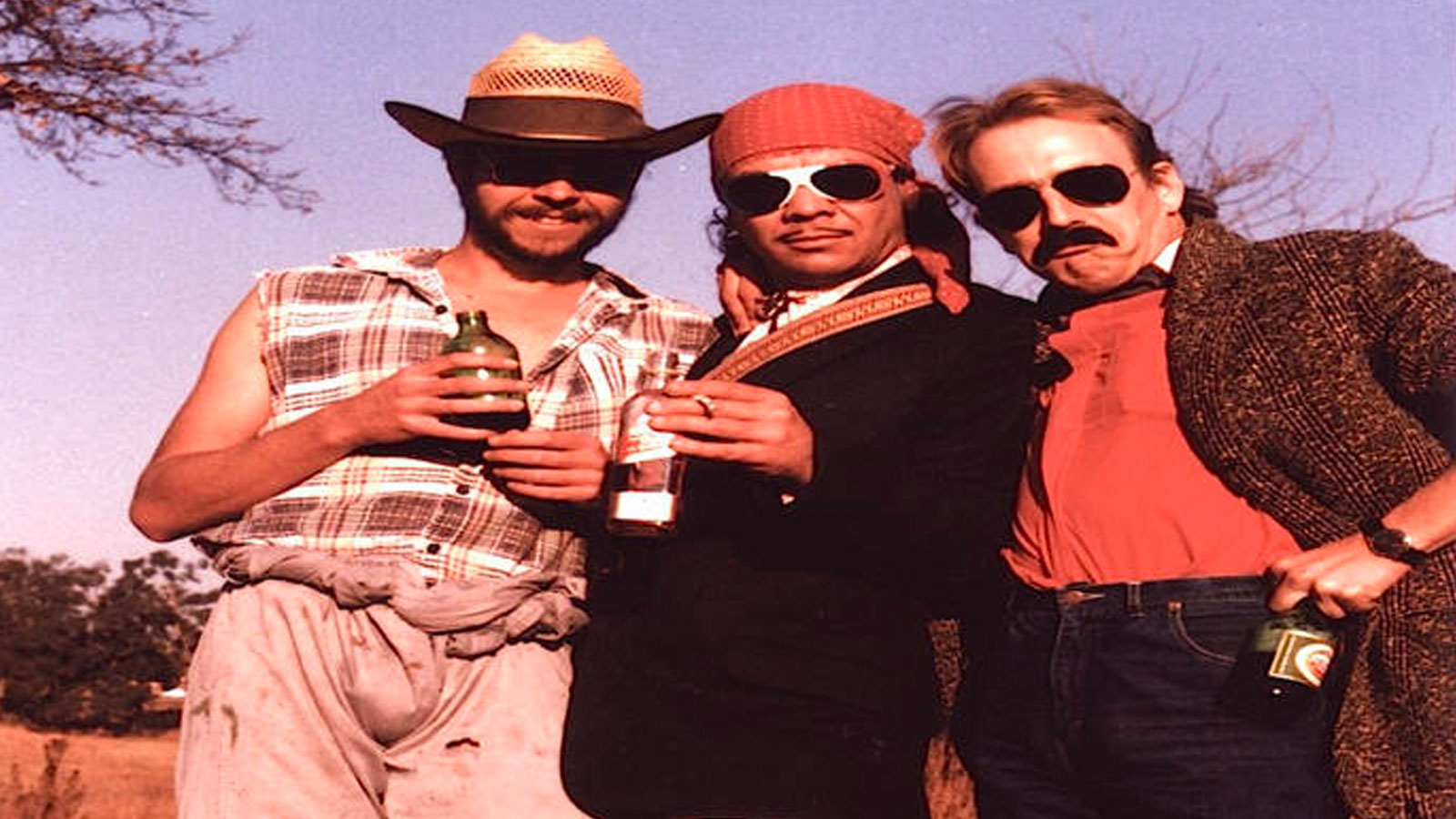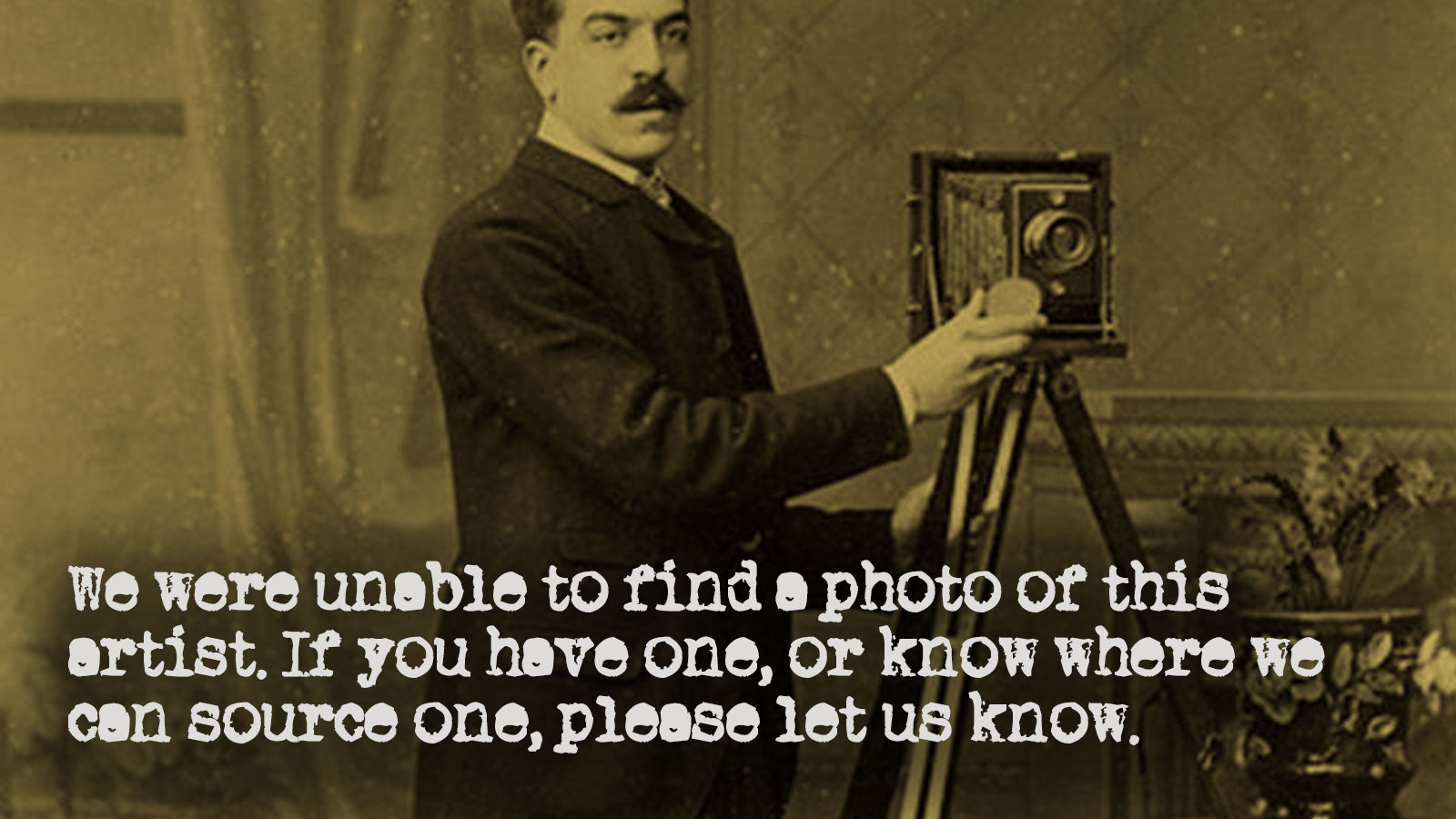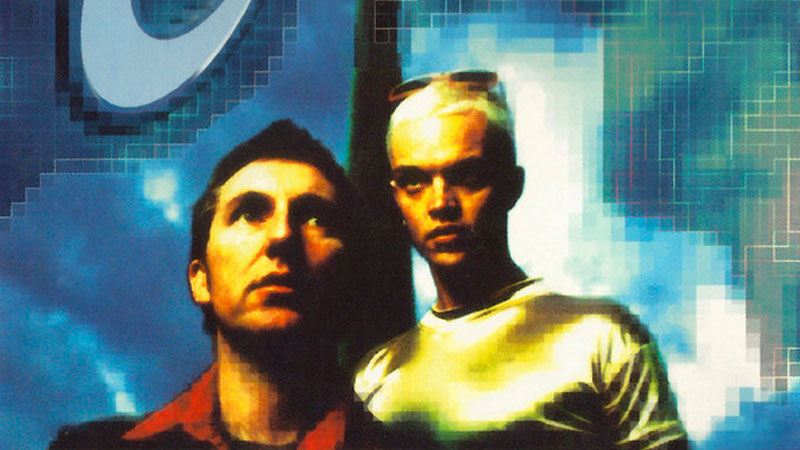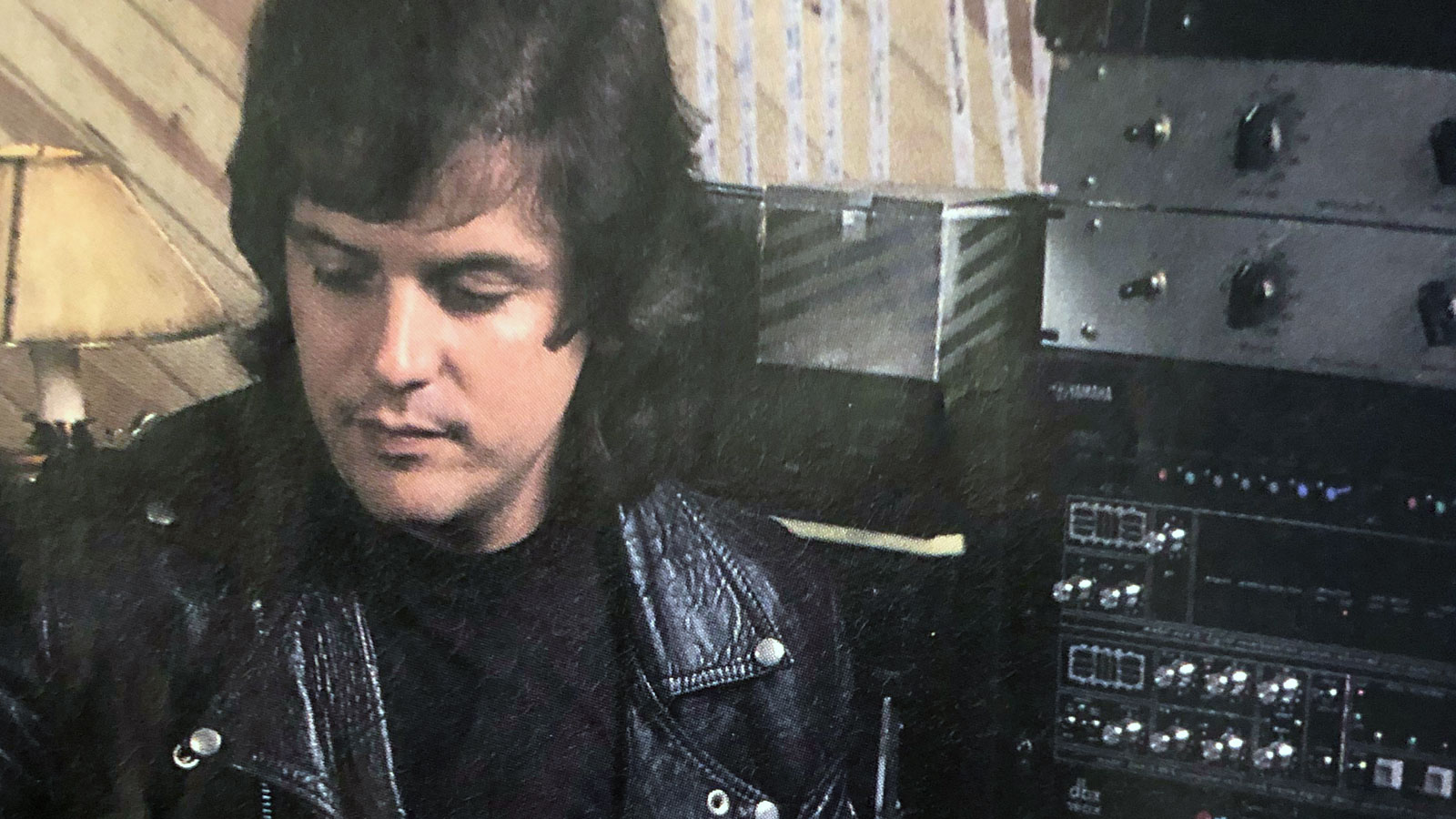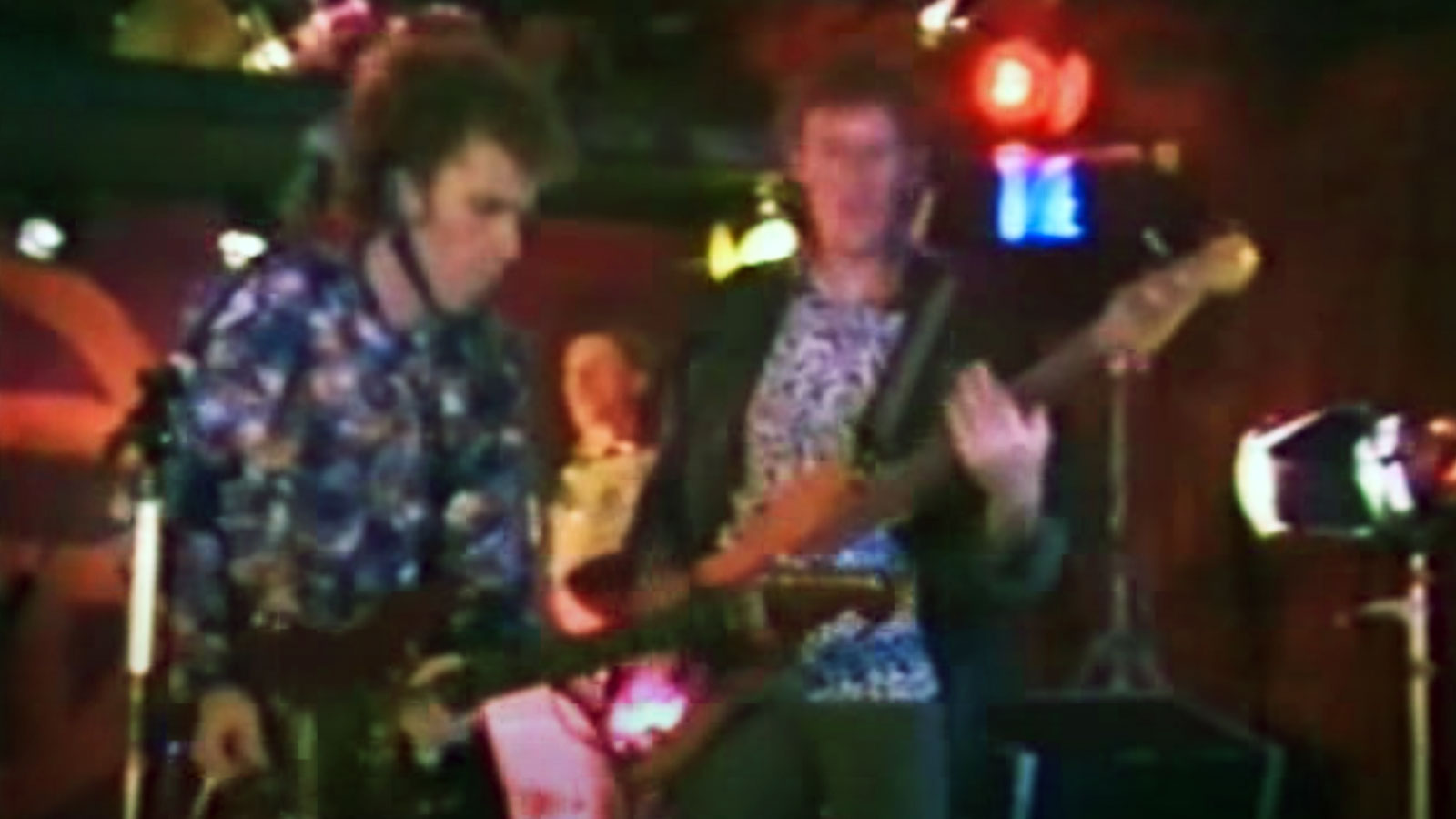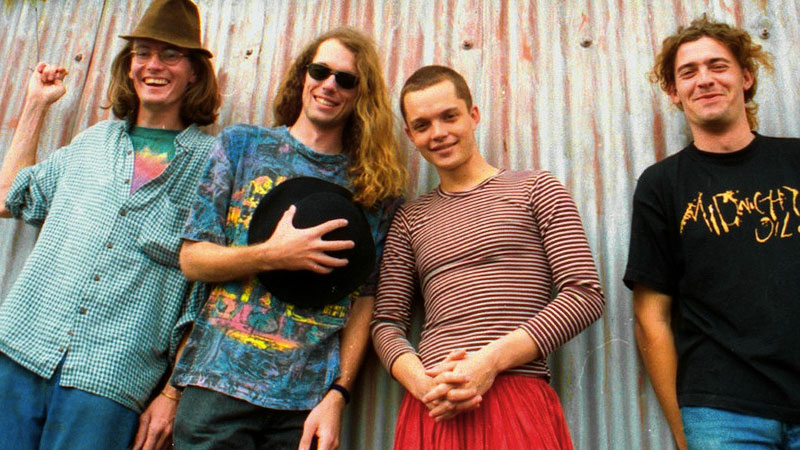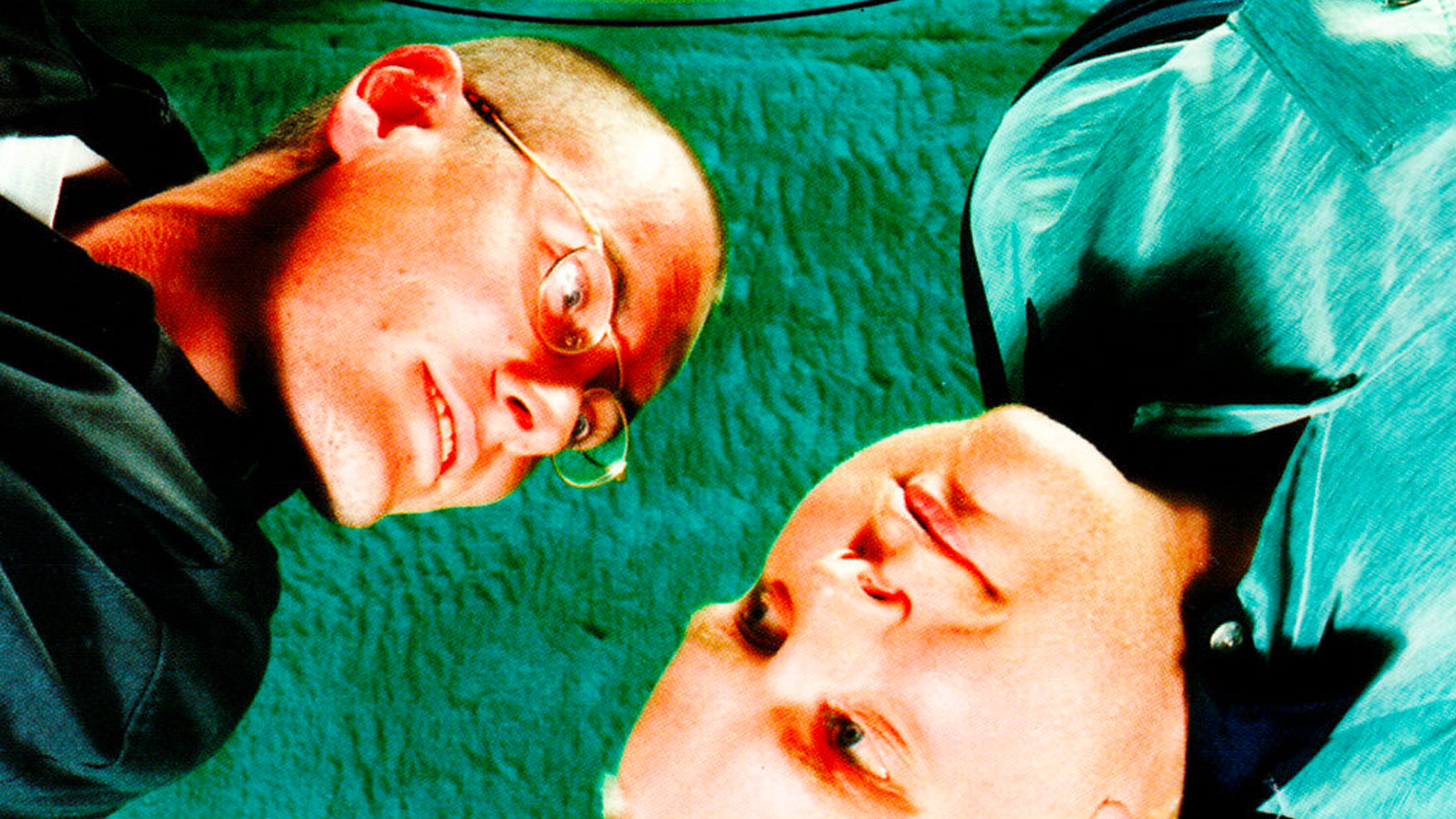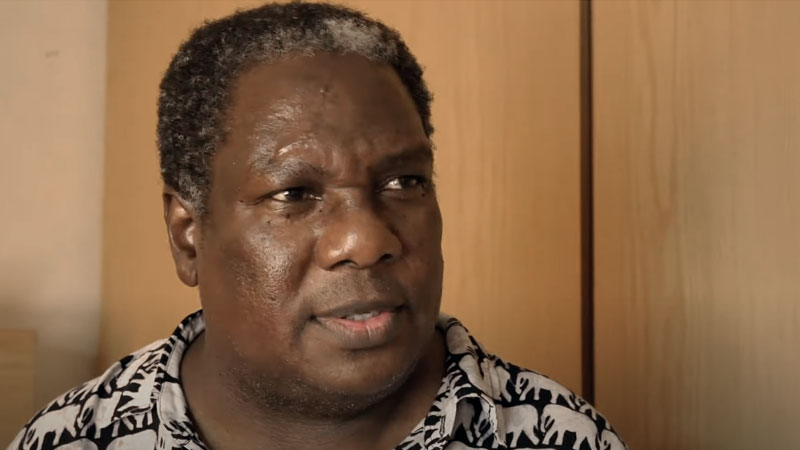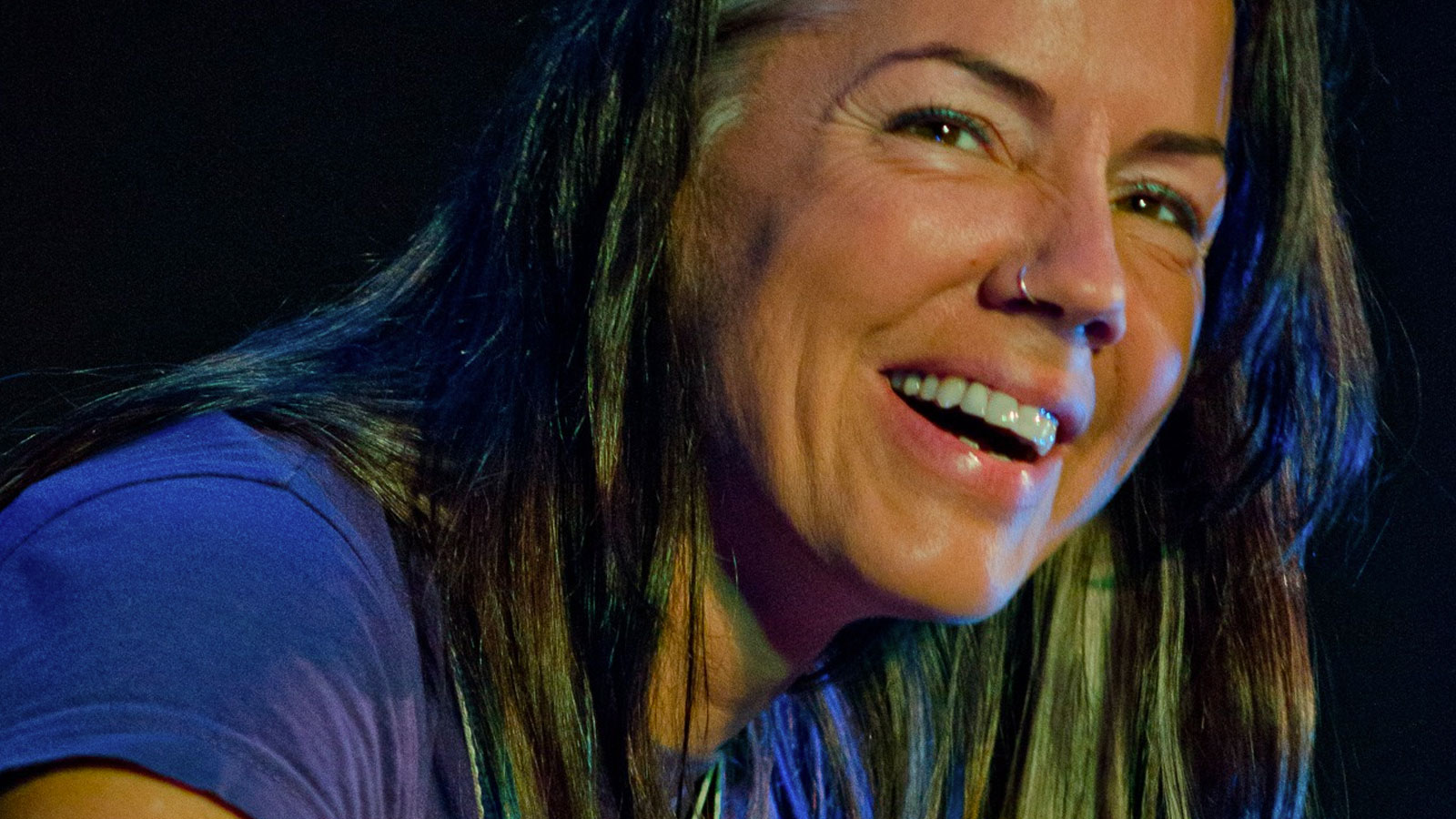Tighthead Fourie was Roger Lucey under another (country) guise.
Formed in Johannesburg in 1984: Tighthead Fourie/Roger Lucey (guitar, vocals), Ray Stadig/Johnny Blundell (guitar), Gene Parkering/Brian Rath (drums), Lorenzo Marks/Dave Marks (bass), Ben Zeen/Warrick Sony (bass), Sakkie de Kock/Lloyd Ross (bass), Tennessee Ferreira/Will Von Will (vocals) and Slim Gedagte/Peter Davidson (vocals). (Different bass players were used on various songs).
Released the single “Whiskey Strait Up”/”No Easy Walk to Freedom in 1984”. Other songs were recorded but not released.
Short-lived band formed in 1985 as an off-shoot of the Radio Rats: Jonathan Handley (guitar, vocals), Dave Davies (vocals), David Allen (bass), Peter Peyerl (Drums).
Released the single “Padded Rooms” and other songs including “Agony”.
Short-lived group who released one album and did live gigs in the late 1990s. Formed by Warrick Sony of Kalahari Surfers (keyboards, guitar, vocals) and Brendan Jury (viola, vocals) after Urban Creep broke up. They released the album Killing Time in 1998.
Songwriter, composer, vocalist, guitarist, keyboardist and producer who rose to fame in the mid-1970s with the group Rabbitt (formerly Conglomeration).
He left Rabbitt in 1977 to pursue a solo career while also an in-demand session guitarist and was involved in the studio projects Disco Rock Machine and Come With Me.
Launched his solo career in 1978 with the singles “Fantasy” and “Stay With Me” and the album Beginning. This was followed by Face to Face (1979) and Wolf (1981) before he joined Yes for their album 90125.
He continued after that with Yes, as a solo artist and a very successful composer of film music.
Formed in Johannesburg in 1984. After the break-up of the Asylum Kids, Robbie Robb (guitar, vocals) formed Boys Next with Fuzzy Marcus (bass), Neils Jensen (keyboards), Bruce Williams (drums).
Williams changed to keyboards when Clive Dickenson came in on drums.
They released the single ‘Between the sky and the stone’ in 1984. In 1985 they changed their name to Tribe After Tribe and released the Bob Dylan cover ‘As I Went Out One Morning (Damsel)’ as a single and the album Power.
Robbie Robb relocated to the USA soon after and a second album – Tribe After Tribe – was released in 1991.
The 1991 release saw a substantial change in the band’s line-up. Joining Robbie Robb were Robby Whitelaw (bass guitar, bass synth, vocals), PK (drums, percussion) and Barry C. Schneider (techno primal drums). Four further albums were released over the following 16 years.
Durban-based group who formed in 1994: Chris Letcher (guitar, keyboard, vocals), Brendan Jury (viola, keyboard, vocals), Simon Pontin (bass) and Ian Jefferys (drums). This line-up released the cassette-only album Live at Jam&Sons (1994).
In 1995 Didier Nobilla replaced Pontin on bass and Ross Campbell replaced Jefferys on drums. The new line up released the albums Sea Level (1995) and Tightroper (1996).
Their most popular song was their first single, “Sea Level” (1995).
They broke up in 1998.
A duo formed in Johannesburg in 1997. Matthew van der Want and Chris Letcher were both part of the ’90s Shifty Records stable: Van der Want as a solo artist and Letcher as a member of Urban Creep. Van der Want was an occasional support act for the Urban Creep and the latter appeared on van der Want’s debut album.
After Urban Creep broke up Van der Want/Letcher released the EP EP Tombi in 1997, followed by three albums: Low Riding (1998), Bignity (2002) and Casual Killing (2005). Van der Want/Letcher is a side project with both members of the duo also releasing solo work, and mostly coming together for live performances.
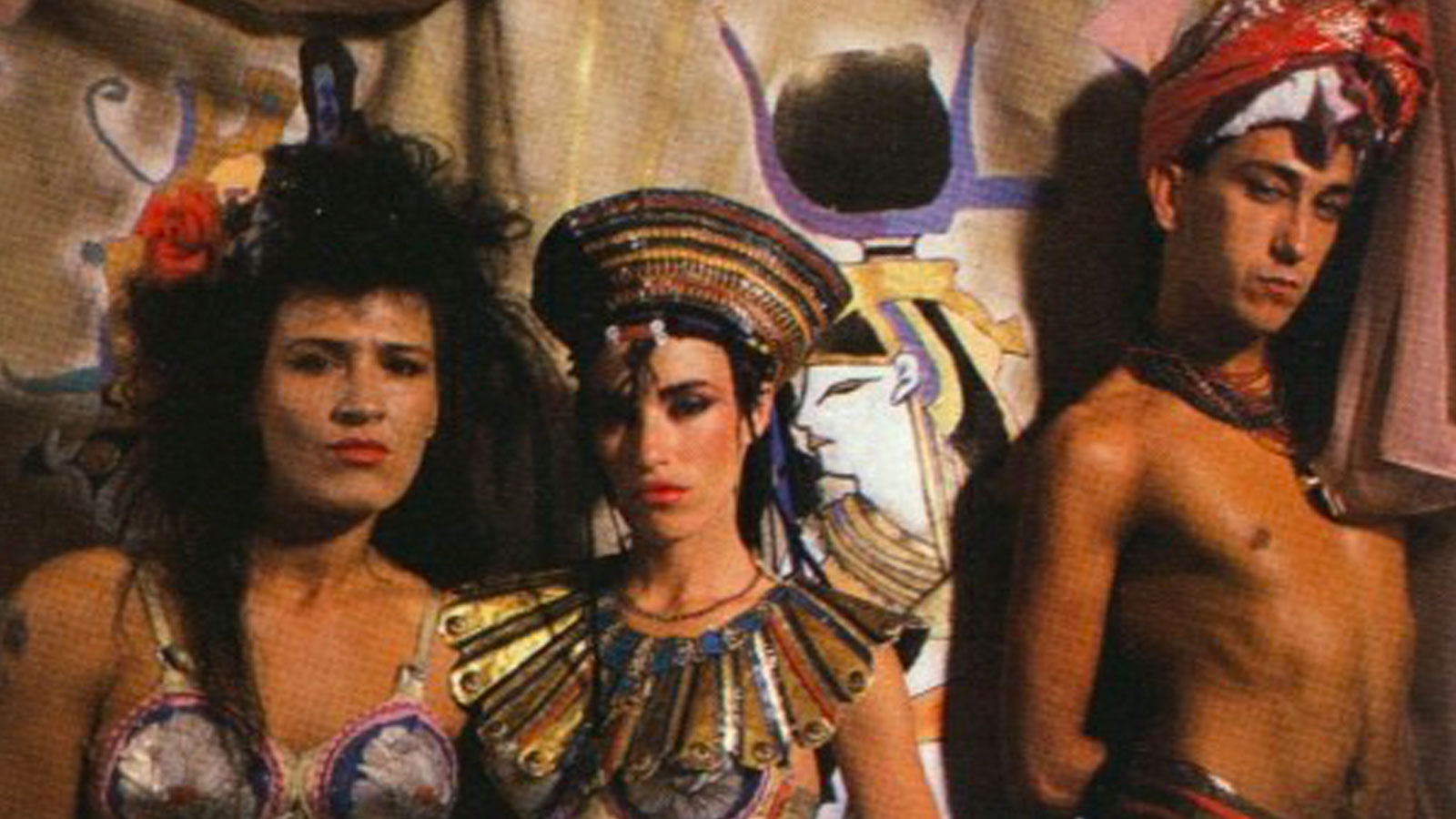
Formed in Johannesburg in 1983 by Rene Veldsman (bass and vocals), Spider Wider (vocals and percussion), Lukas Luislang (keyboards) and Michele Rowe (percussion). Prior to forming Via Afrika Rene Veldsman had already had a successful musical career as a session musician and with studio groups, most prominently Disco Dance Machine (with Trevor Rabin).
Via Afrika burst onto the South African music scene in 1983 with their debut album Via Afrika and the single “Hey Boy”. They followed this with the less successful Scent of Scandal album in 1984.
Also in 1984 the band went over to the United States for a lengthy stay, with the hopes of launching an international career there. They mixed in celebrity music circles (including with Lou Reed) and were invited to perform on Little Steven van Zandt’s “(Ain’t gonna play) Sun City” song. However, when they tried to secure the release of their music in the United States all doors were closed to them because of the cultural boycott.
When they returned to South Africa they broke up. Rene Veldsman then went on to run her own recording studio in Johannesburg.
Mamelodi singer-songwriter guitarist who came to the attention of Shifty Records in the early 1990s and who went on to enjoy a national and international career.
He has released several studio albums: When You Come Back (1992), Wisdom Of Forgiveness (1994), Silang Mabele (1997), Miyela Afrika (2000), Jungle of Questions (2002), Guiding Star (2006) and Say Africa (2010).
He has also released live albums including Live At The Bassline (2006) with Louis Mhlanga and collaborations with Swedish backing band Jive Connection.
Singer songwriter who started out with Sweatband in 1983. She went solo in 1987, releasing the single “Real World’ and followed that up with “Dancing in the Forest” in 1988.
Her first album was Beautiful World released in 1991, including the single “Acid Rain”.
Since then she has released several singles and albums and performed regularly throughout South Africa.
Photograph of Wendy Oldfield courtesy of Harold Gess Photography.
All Rights Reserved.


